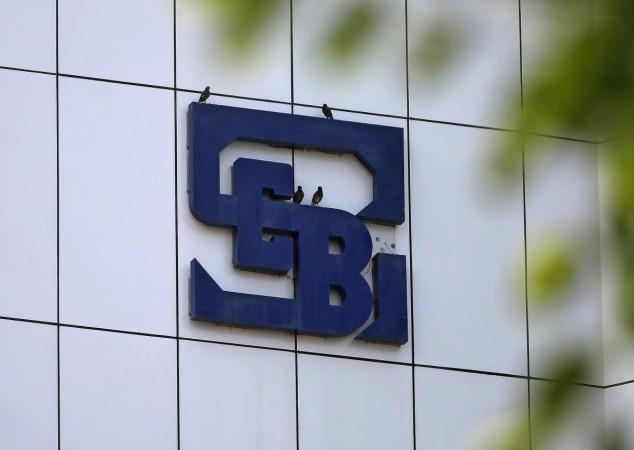
Commodity derivatives traders are jittery as the market regulator banned five trading entities over alleged role in the National Spot Exchange Limited (NSEL) scam unearthed in 2013. Almost 300 broking entities are under the Securities and Exchange Board of India (Sebi) scanner, reports say.
Sebi has banned the commodities derivatives trading arms of some big names like Motilal Oswal, India Infoline, Anand Rathi, Geojit, and Phillip Commodities India as it found them "not fit and proper" for conducting business.
Market experts say many others may fall under this category and there could be more stern action as the investigation into the 2012 default of the NSEL, promoted by billionaire investor Jignesh Shah, who was also behind commodity derivatives exchange Multi Commodity Exchange (MCX), to pay up to Rs 5,500 crore to about 13,000 traders using the online spot trading platform that had a meteoric rise and a spectacular crash.
Along with the Sebi other agencies like the Economic Offence Wing (EOW) are probing the scam following a Bombay High Court order that the contracts by Nsel prima facie constituted a breach of the condition that exemption from applicability of Foreign Contribution (Regulation) Act was only in respect of contracts of one day's duration. The Sebi has inferred from these orders that observations about paired contracts are applicable to brokers as well. More than 90 per cent of contracts on the NSEL has paired contracts, according to a report in the Business Standard. All 300 brokers who traded on NSEL were found to be issuing paired contracts to their clients.

"Since NSEL is observed to have misused the exchange platform for purposes other than for which permission was granted, these observations are seriously adverse in nature. In view of the gravity of the adverse nature of the observations, the same would be sufficient to determine the fit and proper status of the brokers," the Sebi order said.
The Sebi said "the brokers facilitated transactions in the said paired contracts for their clients on the NSEL platform, became channel and instrument for NSEL to promote paired contracts among their clients. In Sebi's eyes, mere association by way of a registered broker of NSEL is sufficient to lose reputation. All 300 brokers are contaminated in the same way."
"In view of the seriousness of the matter, facts and circumstances of the case, the conduct of the notice in its functioning as commodity brokers is questionable and has certainly eroded its general reputation, record of fairness, honesty and integrity and has therefore affected its status as a fit and proper person," the order said.
Sebi has named about 300 brokerages in a first information report (FIR) pointing to the violation of rules. Sebi notices said the brokers indulged in illegal forward contract trade and failed to do proper diligence such as physical verification of warehouses, stocks and checking claims of exchange on guaranteed returns.

















